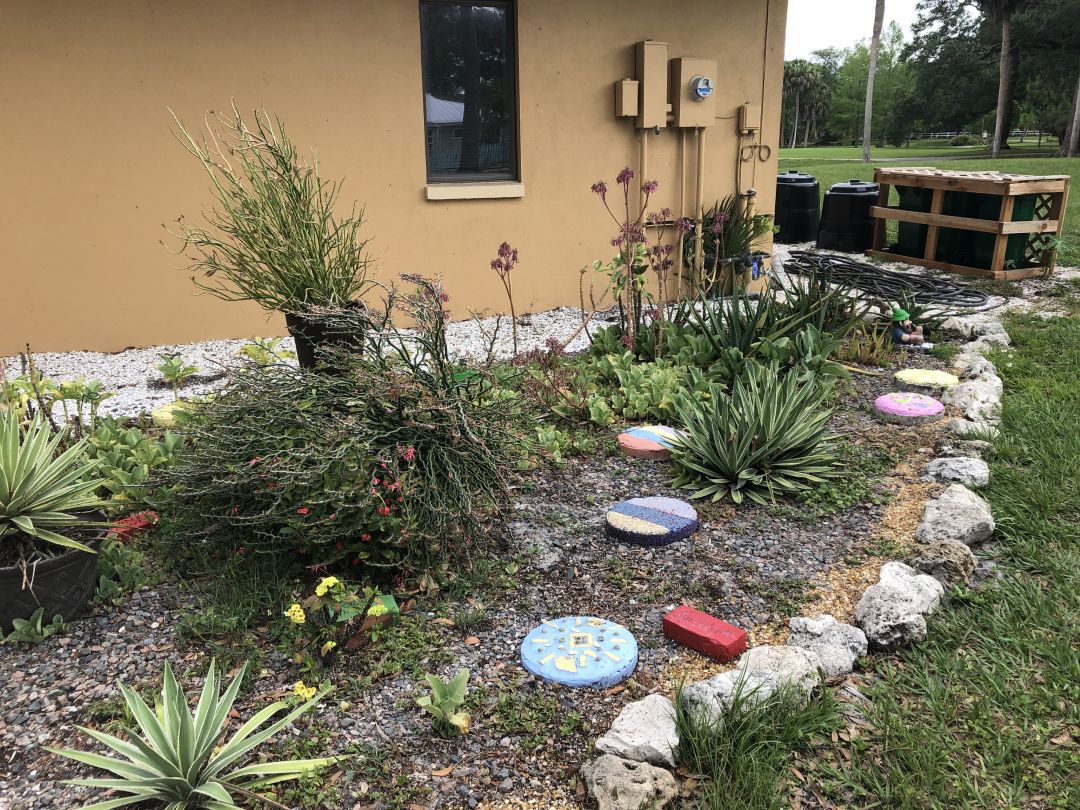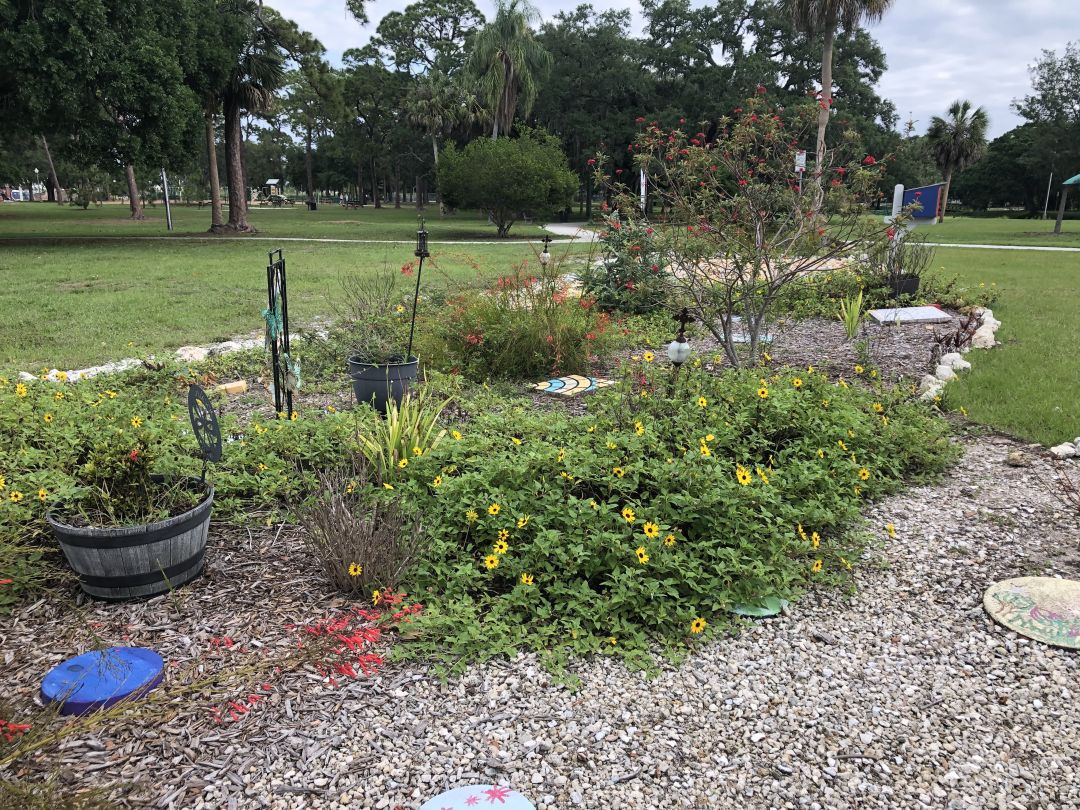Turn Garbage Into Black Gold by Composting

Gillespie Park hosts a compost station where you can drop off food waste and have it composted for you.
Want to shrink your carbon footprint without having to do too much legwork? The local nonprofit Sunshine Community Compost can help.
The Environmental Protection Agency estimates that more food reaches landfills than any other material. And, according to the U.S. Department of Agriculture, between 30 and 40 percent of the food Americans buy ends up as waste.
"When food waste ends up in landfills, it doesn’t break down, as many believe," says Tracie Troxler, the founder and executive director of Sunshine Community Compost. According to Troxler, food waste makes landfills bigger and produces methane gasses, which contribute to global warming.
Avoiding food waste on the front end is ideal, but turning that waste into nutrient-rich soil is the next best thing. There are hundreds of YouTube videos about how to turn food waste and yard clippings into what's known as "black gold" at home, but here are some easy ways others can do it for you locally.
Drop it off
Register online for roughly the cost of a Netflix subscription and drop off food scraps and garden trimmings at your convenience at one of four composting stations headed by Sunshine Community Compost. The registration provides everything you need to get started, like a collection bucket, access to educational classes and a connection to like-minded locals.
The payoff
Twice a year, registrants receive nutrient-rich compost to feed house plants or gardens. If you have no need, the nonprofit donates it to help community projects like the Gillespie Park butterfly garden flourish.

If drop-off program registrants don't use their share of compost, it gets donated to benefit local projects like the butterfly garden at Gillespie Park.
Image: Kim Doleatto
Live in a condo or apartment?
Talk to your neighbors and see if they’d like to participate in a composting program by incorporating a dedicated collection bin on the property.
Much like the drop-off program, residents register and receive a food scrap collection bucket with a sealed lid, access to education and a scrap collection bin placed within the condo that Sunshine Community Compost members collect weekly and process into compost offsite, returning a clean bin.
Compost at work
The nonprofit can set up just about anywhere.
For example, Visible Men Academy in Bradenton and Girls Inc. in Sarasota are just two organizations that have incorporated compost programs to teach kids how to be good stewards of the environment. Troxler says they’ve brought composting to homeschool programs too.
"We'll help just about anyone who wants to get started composting," she says.
Volunteer
Instead of paying for a registration, volunteer. The work-trade program offers one free month’s registration per hour of volunteer work.
For those who prefer doing it at home, Troxler leads education classes and answers dozens of emails daily to keep composters composting.
“It's not complicated," says Troxler. "The biggest mistake people make is when they stop trying."
For more info, visit the Sunshine Community Compost website.



